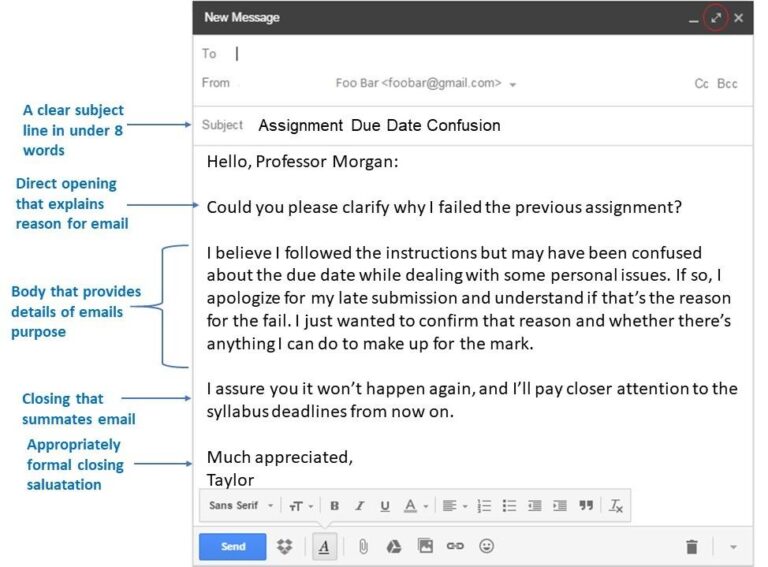Reinforcing U.S. Foreign Policy Through Enduring Alliances
Former U.S. Ambassadors Amy Gutmann and David Cohen recently shared their perspectives on the indispensable role that robust alliances play in crafting successful foreign policy. During a recent discussion, they stressed that identifying and nurturing reliable partnerships is far more than diplomatic courtesyŌĆöit is a cornerstone of national security and international influence. The unpredictable and often contentious foreign policy maneuvers during the Trump era posed significant tests to these alliances, revealing the complexities of sustaining global cooperation amid shifting political landscapes.
The diplomats outlined several foundational elements essential for preserving strong international partnerships:
- Ongoing Transparent Dialogue: Maintaining open channels of communication fosters trust and minimizes the risk of misinterpretations.
- Alignment of Core Principles and Interests: Collaborating with nations that uphold democratic ideals enhances joint responses to global challenges.
- Adaptability to Geopolitical Changes: Flexibility in alliances allows for evolution and resilience in the face of emerging international pressures.
| Alliance Characteristic | Influence on U.S. Foreign Policy |
|---|---|
| Mutual Trust | Facilitates collaboration on defense and economic initiatives |
| Shared Intelligence | Enhances threat detection and coordinated responses |
| Coordinated Military Training | Boosts operational readiness and interoperability |
Evaluating the Trump-Era Foreign Policy and Its Effects on International Relations
The foreign policy strategy under the Trump administration introduced abrupt and often unpredictable shifts that placed considerable strain on established global partnerships. Ambassadors Gutmann and Cohen highlight that the administrationŌĆÖs transactional and unilateral approach frequently marginalized multilateral frameworks, resulting in strained diplomatic ties with key allies. The “America First” doctrine, characterized by sudden policy reversals and renegotiations, compelled allied nations to reassess their diplomatic and economic engagements with the U.S. This period of uncertainty underscored the necessity of clearly identifying allies and skillfully managing complex diplomatic interactions.
The ambassadors identified several critical themes emerging from this era:
- Reassessment of Traditional Alliances: Some countries responded by strengthening regional coalitions or seeking diversified partnerships beyond the U.S.
- Economic Diplomacy Shifts: The use of tariffs and trade renegotiations as diplomatic tools yielded immediate benefits but raised concerns about long-term stability.
- Security Realignments: Changes in military commitments and strategic focus influenced global power balances and regional security.
| Area of Impact | Observed Effect | Future Implications |
|---|---|---|
| NATO Relations | Disputes over defense spending | Sustained cooperation with cautious trust |
| Trade Policies | Heightened tariffs and renegotiations | Potential shift towards alternative markets |
| Indo-Pacific Engagement | Decreased U.S. involvement | Regional powers expanding their influence |
These developments highlight the imperative for diplomats to remain vigilant and adaptable to preserve alliance cohesion amid evolving policy landscapes.
Insights on Overcoming Diplomatic Obstacles and Fostering Trust
The diplomatic turbulence experienced during the Trump years illuminated the critical importance of solid and transparent alliances in sustaining international stability. Ambassadors Gutmann and Cohen observed that erratic policy shifts and unpredictability strained relationships with vital partners. They stressed that a deep comprehension of alliesŌĆÖ cultural contexts, strategic objectives, and motivations is fundamental to effective diplomacy. Their reflections emphasize that trust is cultivated through persistent, sincere engagement and respect for multilateral institutions.
Key takeaways from their analysis include the necessity of proactive communication and cooperative problem-solving frameworks to mitigate political volatility. Their recommendations include:
- Frequent Multilevel Dialogues: Engaging officials across government tiers to preempt and resolve misunderstandings.
- Collaborative Projects: Initiatives that bolster economic, security, and technological partnerships.
- Shared Commitment to Democratic Values: Upholding human rights and democratic principles as the bedrock of lasting alliances.
| Diplomatic Challenge | Strategic Approach | Result |
|---|---|---|
| Unilateral Policy Changes | Strengthened bilateral communication channels | Diminished tensions and gradual trust restoration |
| Trade Disputes | Pursuit of multilateral trade agreements | Enhanced economic cooperation |
| Security Concerns | Expanded intelligence sharing and joint operations | Improved regional and global stability |
Strategies for Strengthening U.S. International Engagement
Ambassadors Gutmann and Cohen advocate for a decisive shift back toward multilateralism and the revitalization of diplomatic channels weakened in recent years. They argue that rebuilding trust with established allies should be a central objective in future U.S. foreign policy frameworks. Their recommendations include:
- Renewing commitments to global treaties and international organizations
- Ensuring steady and transparent communication with allies to harmonize strategic goals
- Promoting cultural and educational exchanges to deepen interpersonal and societal bonds
Moreover, the former diplomats highlight the interconnected nature of pressing global issues such as climate change, cybersecurity threats, and public health emergencies. They propose that the U.S. adopt a more collaborative and integrated approach to these challenges, as outlined below:
| Priority Area | Recommended Measures | Anticipated Outcomes |
|---|---|---|
| Climate Action | Rejoin international climate accords and increase funding for green initiatives | Enhanced global cooperation and reduced carbon emissions |
| Cybersecurity Partnerships | Establish intelligence-sharing frameworks among allies | Stronger collective defense against cyberattacks |
| Global Health Security | Support international disease surveillance and response networks | Faster containment of pandemics and health crises |
Conclusion: The Path Forward for U.S. Diplomacy
As U.S. foreign policy continues to evolve in the aftermath of contentious decisions, the reflections of former Ambassadors Amy Gutmann and David Cohen highlight a vital lesson: the necessity of recognizing and sustaining strong alliances. Their insights remind us that in an era of geopolitical volatility, clearly identifying ŌĆ£who your allies areŌĆØ is fundamental to advancing both national interests and global peace. For policymakers and citizens navigating the complexities of international affairs, these perspectives provide a valuable foundation for fostering a more cooperative and effective diplomatic future.






